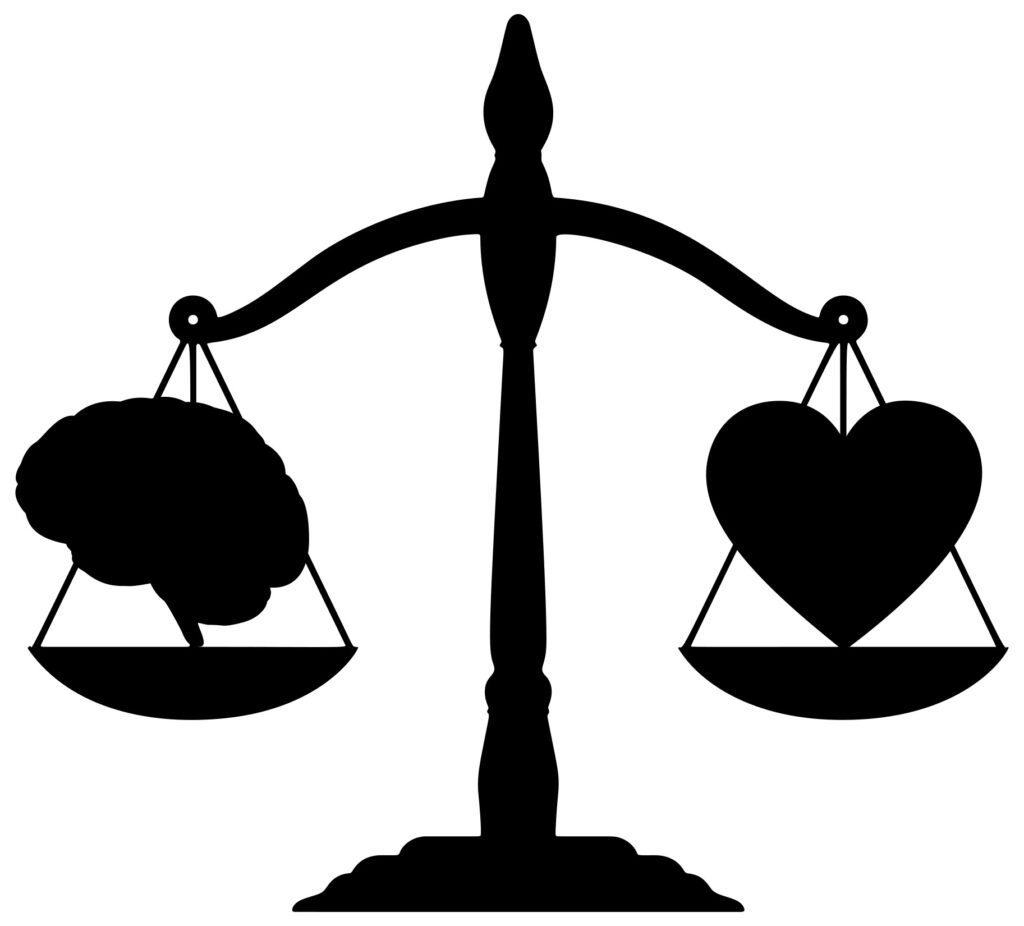My one word for 2021 is BALANCE. As the new year sets up, I find myself swimming a sea of new challenges, obstacles, hopes, ambitions, cautions and ideas. As the pandemic persists, I have noticed that the general fatigue of coping does also. We, as a global society, have been dealing with COVID-19 for more than a year now, and although cases and deaths continue to rise around the globe and in my community, people continue to regress to complacency with their safety and the safety of others. I see and hear the unethical words of institutions, educators, public figures, and common folk pushing their ideals and policies as truths in areas of health and science while lacking in expertise or informed knowledge (or choosing to ignore it). Firsthand, I have witnessed forms of mass hysteria arise in parents of students in public schools from rumor and withheld information around positive cases—it truly ruined a large chunk of my Christmas break. But I do not despair, even if my feelings are occasionally dismal. 2021 is just beginning and I do hold hope, ambition, and excitement for the growth to come; but, in order to make this year the best yet, we all need to recognize that balance is central to our own well being, and therefore, the wellbeing of those we interact with and influence.
During my first year of college, I entertained an unbalanced practice of study. Intentionally, I would push myself to study and work on my schooling until all hours of the night and morning—several times I would find myself awake for 40+ hours at a time. I had idols in the realms of scientific and human exploration and wished to mimic my perception of their tireless work ethics with my own studious practices (method actor at heart). My thought process was that, if I continuously worked, my knowledge would linearly rise over time and so would my competence and status. What I found, however, was that learning is not linear at all, and that by working on something for too long, the rate of my ability to learn, retain, and understand would pass some threshold and begin to decline (like an inverted parabola if you think graphically). Since, I have adopted a balanced practice of learning. For instance, I shut down my work at least an hour before I go to bed (at a reasonable hour) to allow a wind down period; I eat more than once a day; when I feel the onset of mental fatigue, I change my activity completely by going for a walk outside, nourishing myself, visiting with a friend, playing or writing music, or anything else that is completely independent from study before returning to it; if I am tasked with monotonous memorization, I will employ the Pomodoro Technique; if my partner (who is an elementary school teacher) and I have been working all day, I will insist dinner conversation is void of any work-talk; and the list goes on. The result of employing balance in my life and studies was very considerable—the time I spent working decreased while the quality and quantity of learning went up! Sometimes we cannot help but ruminate and obsess over aspects of life that press into our souls and shadow our judgement and sight—at times it feels wrong to do anything but ruminate or obsess. But the reality of it—as I have experienced—is that these balancing variables, that often feel as though they take time and energy from the objective at hand, actually provide the strength, roundedness and refreshed tools and perspectives to tackle the problem effectively and healthily.

This image is free for commercial use under the Public Domain license and was taken directly from https://pixy.org/5785282/
Going into this semester, I am excited to finally teach a class. I am motivated to explore my own understanding of balance in a classroom and apply some of my ideas and frameworks to the most unregulated age (“the hormone years” as they say). I am looking forward to exploring assessment as a continuum and experiencing the gaps in my understanding when theory is applied to practice. I hope to learn from the experience of the practicum teacher while making my own successes and mistakes in a scaffolded format. I wonder how closely my practicum teacher will follow the new BC curriculum opposed to being comfortable with the ways of old, and how that will align with my duty as a student in the B.Ed. program. For now, I am tired of writing and need a walk and you have likely been on your computer too long—so go smell a flower, or make a meal, or sing and dance to some groovy tunes.